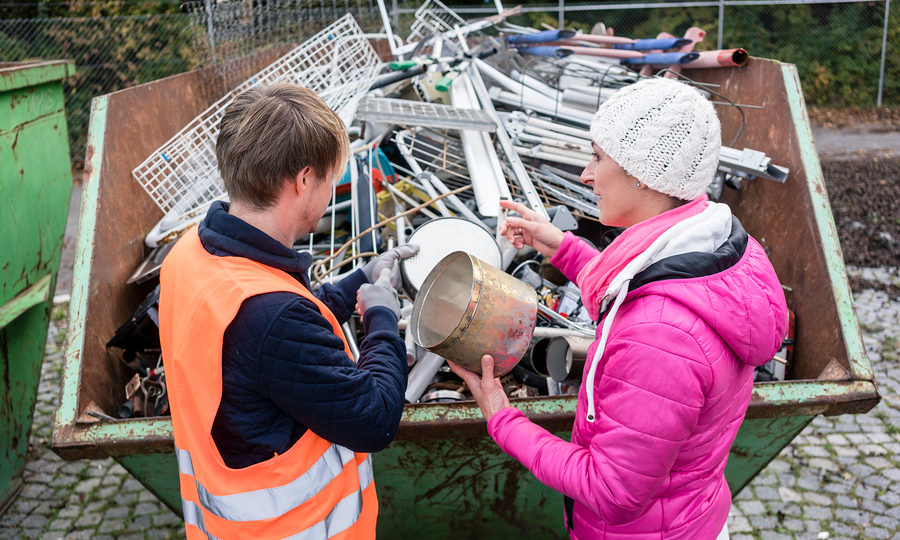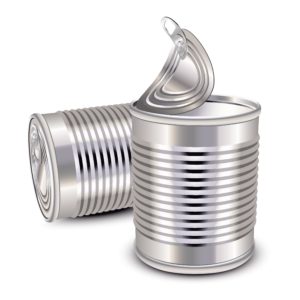Because of the physical and visual similarities, stainless steel and aluminum are commonly mistaken for one another. But the technical differences between their properties make aluminum and stainless steel much different. It is important to know the differences between the two metals if you are intending to use them for an upcoming construction, fabrication, or remodeling project.
Continue reading to learn the differences between aluminum and stainless steel metal, and what you can do to earn some cash for your scrap metal here in Indianapolis.

Aluminum Versus Stainless Steel:
Strength
When considering strength to weight ratio, in most cases aluminum is weaker than steel, even stainless steel. However, you must also consider that although not as strong, it is one third the weight of stainless steel. For this reason, it is commonly applied in aviation industries for manufacturing airplanes and similar commodities. But just for the record, steel is obviously stronger than aluminum.
Resistance to Corrosion
We all know that stainless steel is highly resistant to corrosion, namely oxidation, or rusting. For this reason, stainless steel is often used in commercial kitchen and food industries, and commonly used as the primary metal in our kitchen appliances. Stainless steel is layered with a coating of chromium that gives it it’s resistance to corrosion. As for aluminum, it retains a passivation layer, which means it is highly resistant to corrosion as well as oxidation.
Thermal Properties and Conductivity
Thermal conductivity refers to an element’s ability to hold and disburse heat. When it comes to conducting heat, aluminum is better than stainless steel. It is that simple. For this reason, aluminum metal is often used to manufacturer automotive parts that involve high key applications, such as car radiators and even air conditioning units. However, stainless steel has much better thermal properties, as it can be used at much higher temperatures and heat levels compared to aluminum, up to 400°F.
Electrical Conductivity
Aside from heat and thermal properties, there is also the consideration of electrical conductivity. When it comes to aluminum and stainless steel, aluminum takes the cake. Stainless steel is just a very poor conductor of electricity, while aluminum retains properties like high conductance and low weight ratios, making an excellent conductor of electricity.
Workability and Welding
Aluminum is much lighter and less dense than stainless steel, therefore much easier to work with and mold. However, when it comes to welding, stainless steel is better than aluminum because aluminum tends to just weaken and fall apart. It takes a master welder to work with aluminum.
Do you have left over construction materials made of metal or a heap of scrap metal that you wish to get rid of? Contact Zore’s Recycling at 317-244-0700 to get paid instant cash on the spot for scrap metal recycling in Indianapolis, Indiana.
You Might Also Enjoy:
How to Support Steel Sustainability
Why is Platinum So Valuable?
Fun Facts About Aluminum














